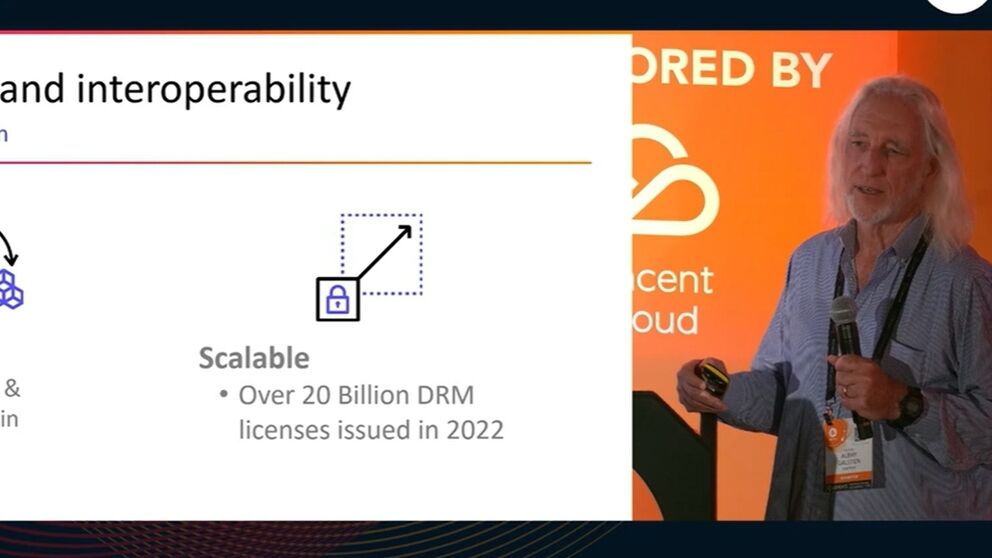Watermarking solutions remain especially popular for premium content like sports, while blocking capabilities are also growing – albeit with some controversy, writes David Davies.
Broadcasters and media service providers now have more options than ever before in terms of technologies and techniques to combat illegitimate activity propagated by organised crime groups and, increasingly, nation-states. Two of these mechanisms include watermarking and blocking.
The former is not particularly new, of course, but is now increasingly prevalent across streaming services, especially those involving premium content such as sports and tentpole dramas. But the way in which watermarking is delivered is continuing to mature and evolve, with ‘as-a-service’ models now commonplace.
The rise of blocking, however, is more recent and has attracted some controversy because of perceived drawbacks like the possible inadvertent obstruction of legitimate services. For instance, the recently launched Pirate Shield project in Italy, which aims to protect the big sports rights holders – such as DAZN, Sky, Prime Video and Infinity – by blocking unauthorised viewing of live events has attracted criticism from some ISPs, VPNs and consumers. At the least, further refinements would seem to be inevitable...
You are not signed in
Only registered users can read the rest of this article.

MWC 2026: Telcos confront the hard economics of 5G
With global 5G coverage now surpassing 50% of the world’s population, but consumer willingness to pay barely shifting, operators at MWC argued that the next chapter must be defined by utilisation.
Kickstart Day 2026: Latest PoCs and partnerships promise most exciting year yet
More than 200 industry leaders gathered at BBC Broadcasting House for the 2026 IBC Accelerators Kickstart Day, taking place on 25 February.
MIP London: “A lot of creators feel held hostage by algorithms”
Digital creators, television producers, platforms, distributors, buyers, and brands across all genres gathered at the IET and Savoy Hotel this week to attend the second-ever iteration of MIP in London.

Sundance: Representation matters, today more than ever
As minority communities face attack in the US, two new films screened at Sundance Film Festival offer powerful takes on Latino American and Chicano culture.

IBC Content Everywhere: Keeping the customer
Consumers have a lot of choices these days when it comes to streaming video content. Indeed, the sheer number of available services can seem overwhelming, leaving customers with often difficult decisions to make about which services to choose, especially when they already have several other demands on their wallets. In this piece, Content Everywhere companies explore what streaming providers can and should be doing to retain existing customers and attract new ones where possible.

.png)
.jpg)
 and Romuald Rat (right) - source - EBU.jpg)
